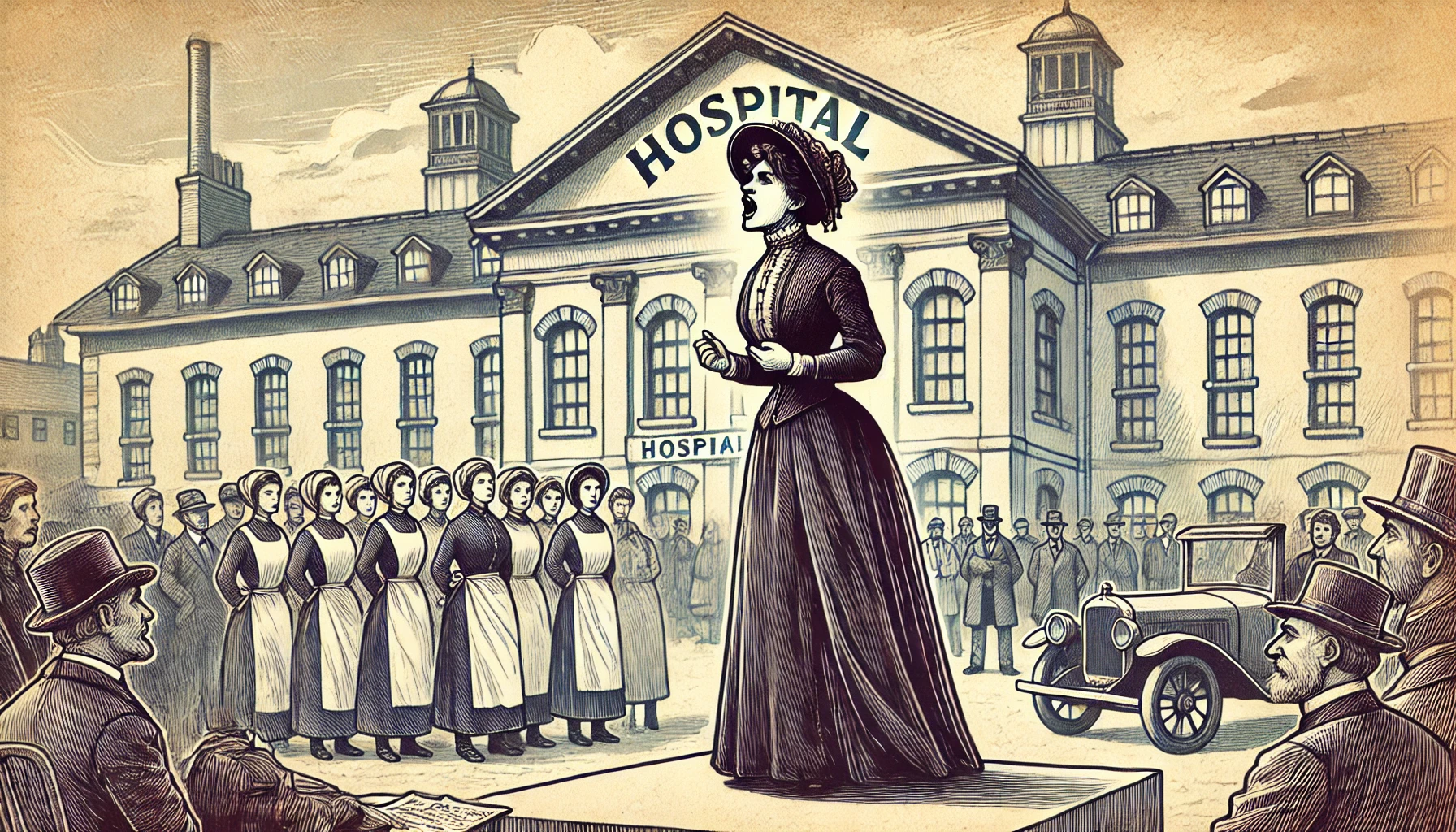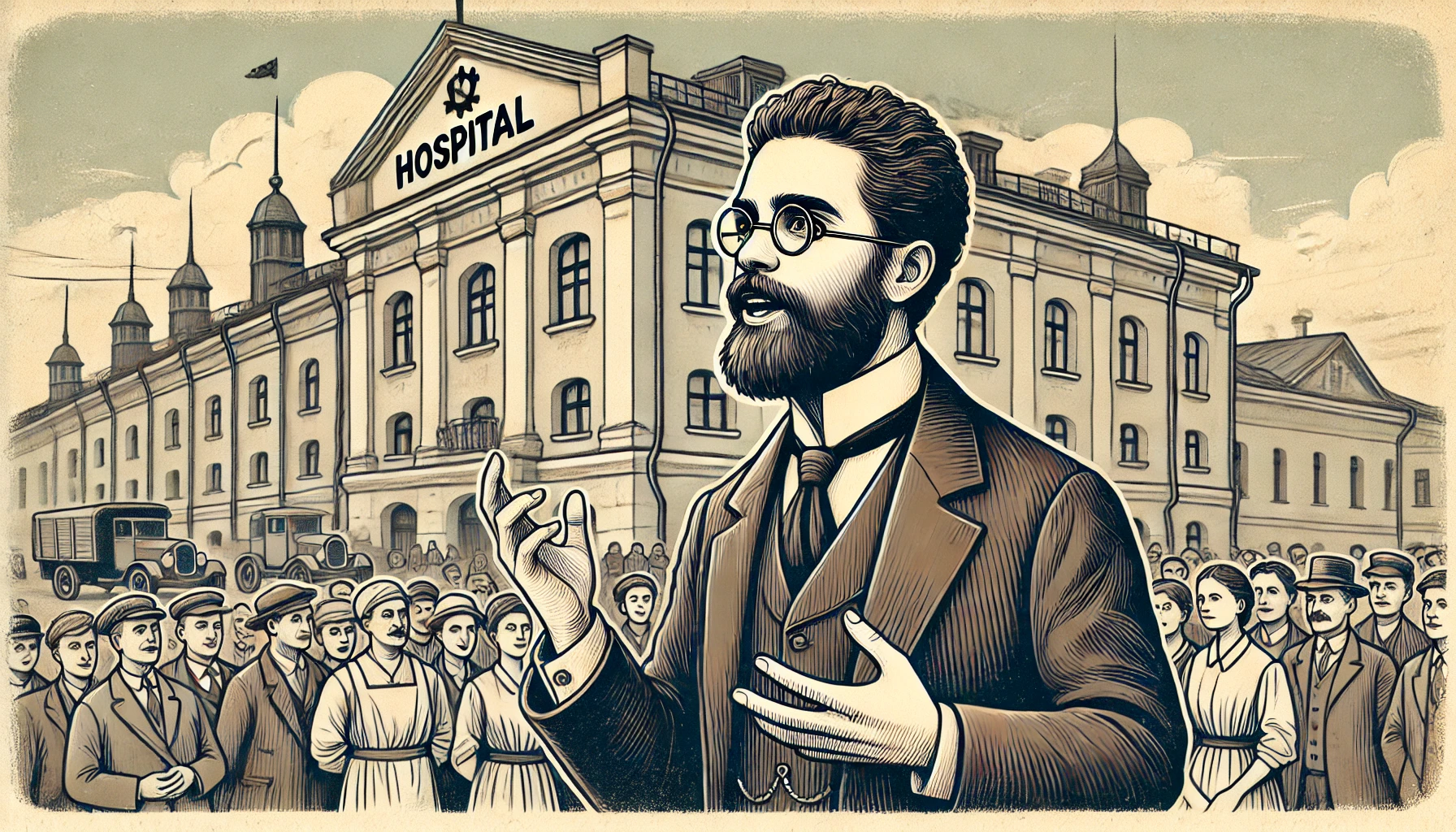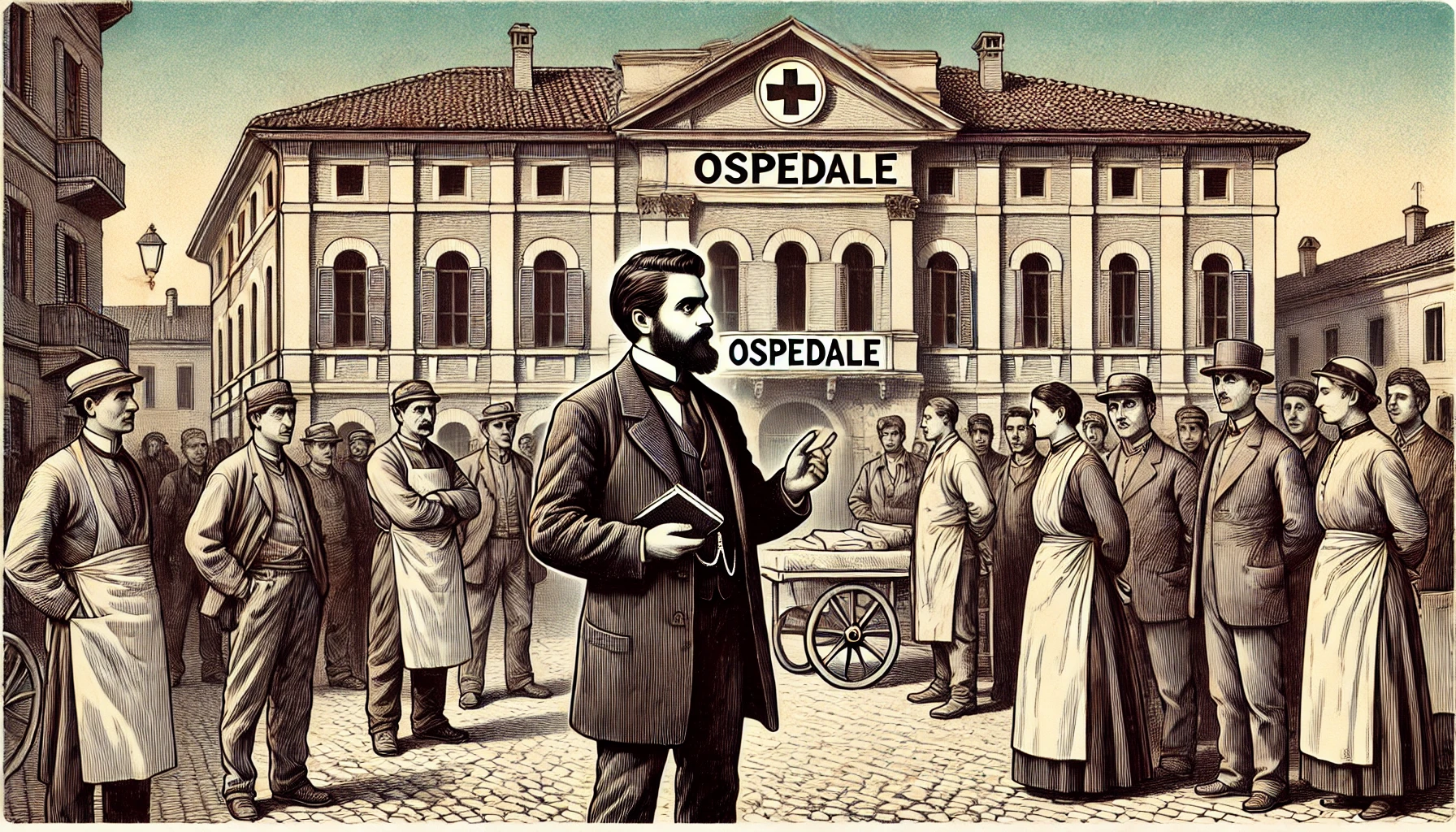Marx and McDonald’s: The Fast Food of Economic Ideologies
If Karl Marx walked into a McDonald’s, he’d probably have a lot to say about the production process—and not just about the fries. McDonald’s, a symbol of global capitalism, exemplifies many of the issues Marx critiqued: alienation, exploitation, and the commodification of labor.
Let’s start with the workers. The average McDonald’s employee flips burgers, mans the cash register, and mops floors—all while earning barely enough to afford a Big Mac meal. Marx would call this a classic case of alienation. Workers are disconnected from the value they create, reduced to cogs in a corporate machine. They don’t own the golden arches; they just toil beneath them.
Then there’s the production itself. McDonald’s operates on efficiency and uniformity, with every fry cut to the same size and every burger prepped in record time. Marx argued that capitalism turns workers into extensions of machines, stripping their labor of creativity and individuality. It’s hard to feel artistic pride in assembling a McChicken in under 60 seconds.
Even the customers aren’t spared. Marx believed that capitalism commodifies every aspect of life, including what we eat. Fast food isn’t just food—it’s a product designed for mass consumption, engineered to maximize profit rather than nutrition. The “McDonaldization” of society reflects Marx’s warnings about the dehumanizing effects of commodification.
And yet, McDonald’s also represents a paradox Marx might find intriguing. On one hand, it’s a glaring example of capitalist excess. On the other, it provides affordable meals to millions—a glimpse of how industrial efficiency could benefit the masses if the system were restructured.
In the end, Marx would probably leave McDonald’s with a full stomach and a burning desire to organize the workers. After all, even fast food has its role in the class struggle—one McNugget at a time.
Originally posted 2024-07-10 22:43:43.



